Was Marco Polo Croatian?
In this article
The fact that Marco Polo was Venetian is widely accepted, indeed, both the Wikipedia and Encyclopaedia Britannica entries cite Venice as his birthplace. So why is there a small house in Korčula, Croatia, claiming to be where Marco Polo was born?
This captivating question lies at the heart of our Marco Polo Cycling Tour, a journey that doesn't just trace historical routes but delves into the fascinating debates and enduring mysteries surrounding one of history's most celebrated travellers. On our tour, you'll cycle through the very landscapes that claim a connection to the Polo family, immersing yourself in the rich tapestry of Venetian and Dalmatian history.
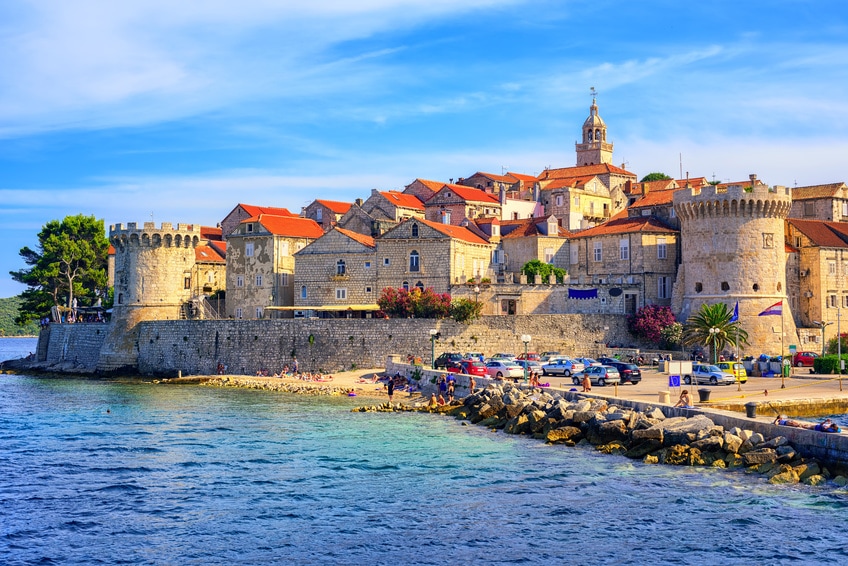
A small house in Korčula, Croatia, claims to be where Marco Polo was born
With its dramatic tower overlooking the roofs of Korčula old town and the sparkling Pelješac Channel, this charming house would certainly make a fitting start to a remarkable life. But is it really Marco Polo’s birthplace, and if so, would that make him Croatian rather than Italian?
The house in question was once owned by the Depolo family, and it is claimed that Depolo, a Dalmatian name, is a variant of Polo. Other records also show that Marco’s father, Nicolo Pilic (another variant of Polo), was from Sibenik in Dalmatia and later moved to Venice. If Marco had been born on the Island, which was under Venetian rule at the time, his nationality would indeed have been recorded as Venetian, even though he wasn’t actually born in Venice.
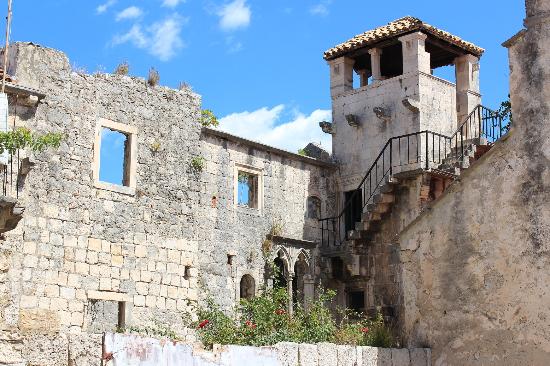
Sadly, we have very few facts about Marco’s childhood, but we do know that his father, along with his uncle Maffeo, were successful merchants, trading silk and jewels along the Silk Road through Asia. We also know that his father and uncle only met Marco for the first time at the age of around 15 when they returned to Venice from their travels in Asia, having left when his mother was pregnant. In theory, it seems feasible that Marco’s mother gave birth in Korčula and moved with her son to Venice during the 15 years in between, but there is simply no evidence.
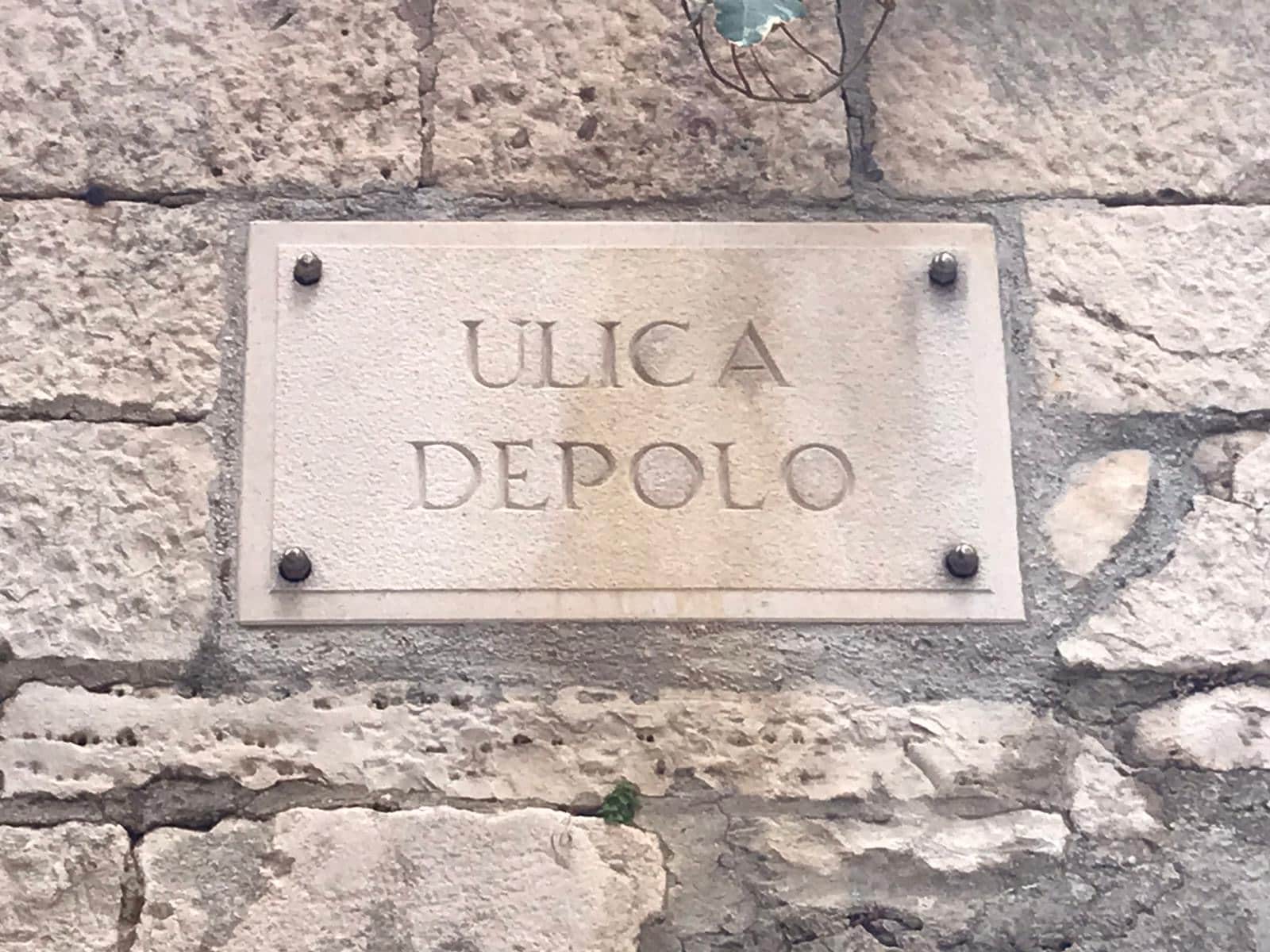
The issue has long been debated, and hit the news in 2011 when a museum dedicated to Marco Polo in Yangzhou, China, was opened by the former president of Croatia, Stjepan Mesić, rather than an Italian dignitary. Controversially, during the ceremony, he publicly claimed Marco Polo to be Dalmatian and a Croatian. A flurry of headlines ensued, with an Italian journalist writing an article cheekily accusing ‘Zagreb’ of ‘kidnapping’ Il Milione (Marco’s Italian nickname). The journalist argues that even if Polo was born on the island of Korčula, he was born a Venetian, and trying to reclaim his birth as Croatian would be a ‘historical extravagance’.
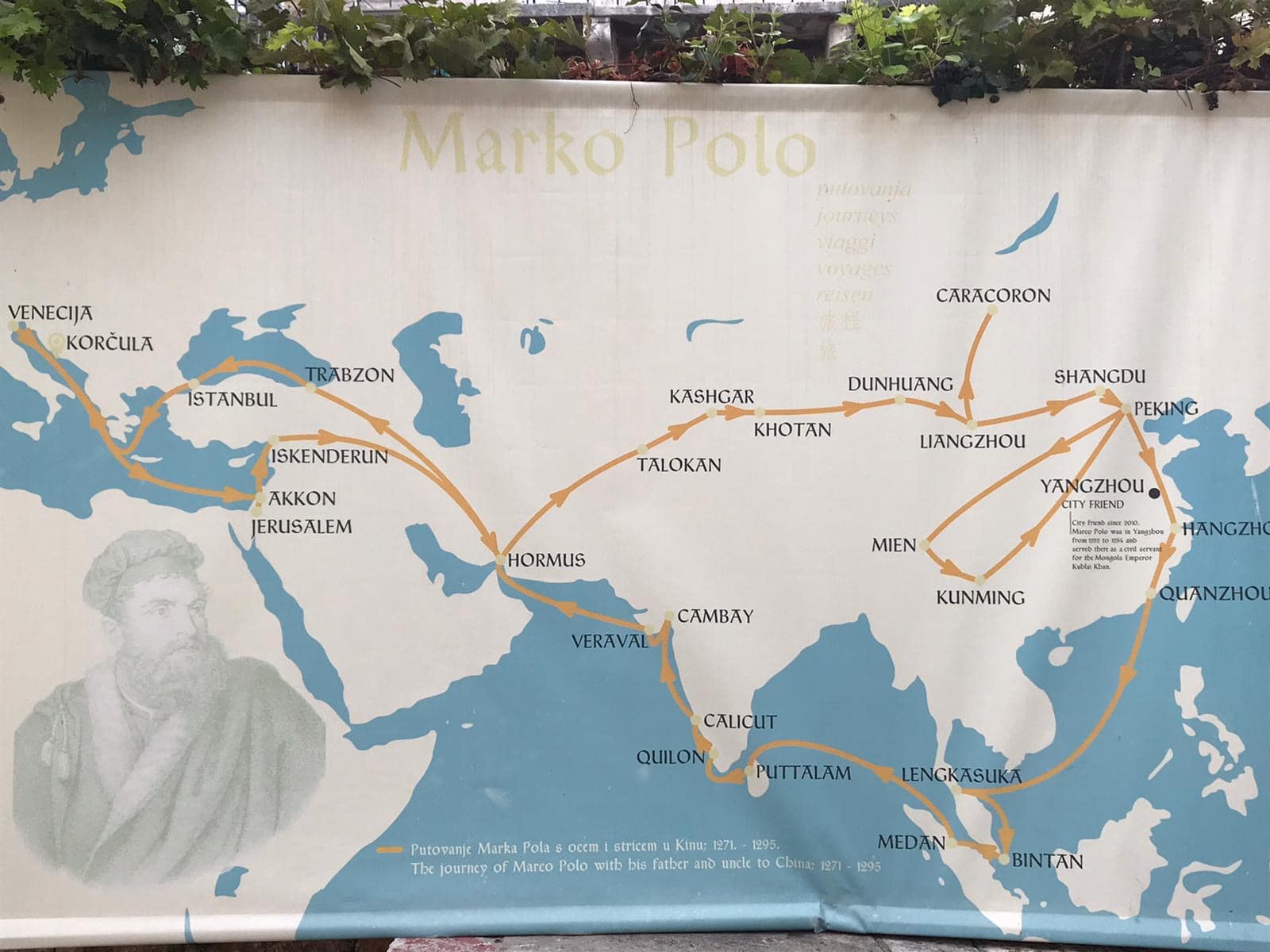
It seems his birthplace will remain a mystery for now, and while his nationality may be susceptible to the various changes in politics and national boundaries over the centuries, we’re fortunate Marco Polo didn’t let these man-made borders stand in his way during his lifetime.
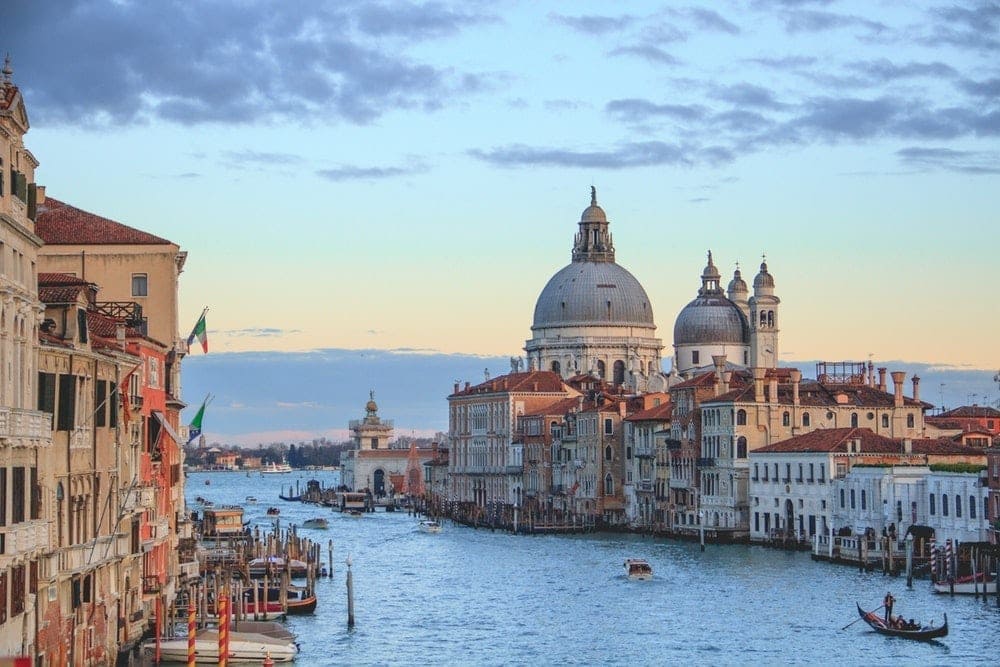
Find more information on the Marco Polo Epic Tour.
To view all our Epics, explore the website or check out our Digital Catalogue, which you can download and view offline, click here.